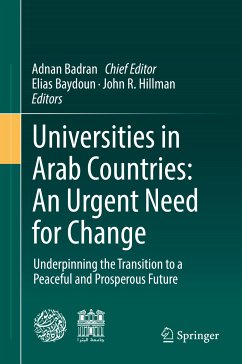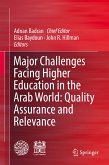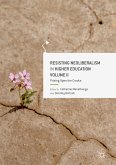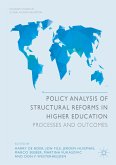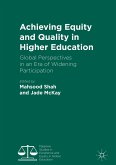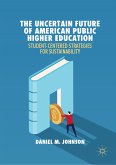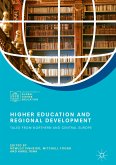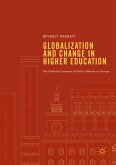All of the major challenges facing universities in general are addressed with reference to issues of particular importance in the Arab Region. The challenges faced include: the need to accommodate a social model of life-long learning; the desire for institutional autonomy while interacting with governments; the availability of open-access online courses and distance learning.
Arab universities are diverse, ranging from those entirely state-controlled and funded, to wholly independent private universities. The quality of governmental oversight is also variable, and some institutions are clearly unworthy of the appellation 'university'.
The book comprises of 20 chapters authored by senior academics with a wide international experience and a commitment to assisting the improvement of Arab higher educational and research communities.
Dieser Download kann aus rechtlichen Gründen nur mit Rechnungsadresse in A, B, BG, CY, CZ, D, DK, EW, E, FIN, F, GR, HR, H, IRL, I, LT, L, LR, M, NL, PL, P, R, S, SLO, SK ausgeliefert werden.

